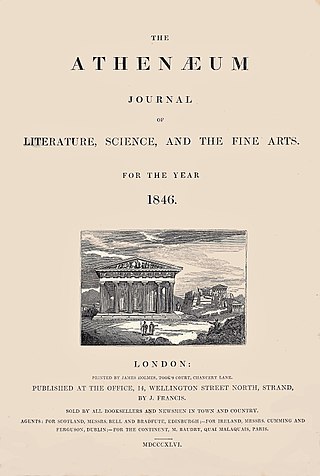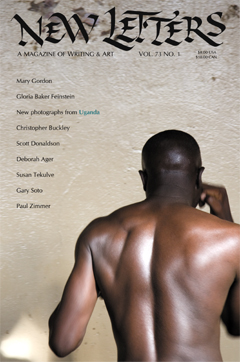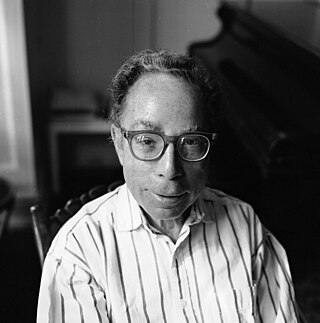Related Research Articles

James Payn was an English novelist and editor. Among the periodicals he edited were Chambers's Journal in Edinburgh and the Cornhill Magazine in London.

David Mather Masson, was a Scottish academic, supporter of women's suffrage, literary critic and historian.

All the Year Round was a Victorian periodical, being a British weekly literary magazine founded and owned by Charles Dickens, published between 1859 and 1895 throughout the United Kingdom. Edited by Dickens, it was the direct successor to his previous publication Household Words, abandoned due to differences with his former publisher.

The Gentleman's Magazine was a monthly magazine founded in London, England, by Edward Cave in January 1731. It ran uninterrupted for almost 200 years, until 1922. It was the first to use the term magazine for a periodical. Samuel Johnson's first regular employment as a writer was with The Gentleman's Magazine.

Samuel Warren, was a British barrister, novelist and MP.

The Athenæum was a British literary magazine published in London, England, from 1828 to 1921.

The Cornhill Magazine (1860–1975) was a monthly Victorian magazine and literary journal named after the street address of the founding publisher Smith, Elder & Co. at 65 Cornhill in London. In the 1860s, under the editorship of William Makepeace Thackeray, the paper's large circulation peaked around 110,000. Due to emerging competitors, circulation fell to 20,000 by 1870. The following year, Leslie Stephen took over as editor. When Stephen left in 1882, circulation had further fallen to 12,000. The Cornhill was purchased by John Murray in 1912, and continued to publish issues until 1975.

New Letters, the name it has been published under since 1970, is one of the oldest literary magazines in the United States and continues to publish award-winning poems and fiction. The magazine is based in Kansas City, Missouri.
Masson is a French and Scottish surname, and may refer to:
The New Monthly Magazine was a British monthly magazine published from 1814 to 1884. It was founded by Henry Colburn and published by him through to 1845.

Annie Shepherd Swan, CBE was a Scottish journalist and fiction writer. She wrote mainly in her maiden name, but also as David Lyall and later Mrs Burnett Smith. A writer of romantic fiction for women, she had over 200 novels, serials, stories and other fiction published between 1878 and her death. She has been called "one of the most commercially successful popular novelists of the later nineteenth and early twentieth centuries". Swan was politically active in the First World War, and as a suffragist, a Liberal activist and founder-member and vice-president of the Scottish National Party.

Once A Week was a British weekly illustrated literary magazine published by Bradbury & Evans from 1859 to 1880. According to John Sutherland, "[h]istorically the magazine's main achievement was to provide an outlet for [an] innovative group of illustrators [in] the 1860s."

The North American Review(NAR) was the first literary magazine in the United States. It was founded in Boston in 1815 by journalist Nathan Hale and others. It was published continuously until 1940, after which it was inactive until revived at Cornell College in Iowa under Robert Dana in 1964. Since 1968, the University of Northern Iowa in Cedar Falls has been home to the publication. Nineteenth-century archives are freely available via Cornell University's Making of America.

Richard Stang was an American literary critic, author, scholar, and professor whose groundbreaking insights on the nineteenth-century English novel have shaped the attitudes of subsequent writers and critics for more than six decades. He was the first critic to recognize and document the sophistication of contemporary mid-Victorian criticism of the novel, and to show that it in effect amounted to a holistic aesthetics of fiction for the English novel in the mid-century.

The Quiver (1861–1956) was a weekly magazine published by Cassell's and was "designed for the defence and promotion of biblical truth and the advance of religion in the homes of the people."
Sunday reading was a genre of periodical popular in Victorian Britain which offered light Christian reading thought to be suitable for families to read at home on Sundays. Typical examples such as Sunday at Home, The Quiver, and Leisure Hour featured a mixture of fiction, non-fiction, and verse, all dealing in some way with Christian themes.
Robert Bowes was a Scottish bookseller and publisher. He is known for A Catalogue of Books Printed at or relating to the University, Town & County of Cambridge, from 1521 to 1893 : with Bibliographical and Biographical Notes 1891–1894.

The Literary Magnet was a British magazine. Started as a weekly magazine in 1824 by Egerton Brydges and his son using the pseudonym Tobias Merton, it became a monthly magazine towards the end of 1824. The Magnet went through a number of editors, and was bought first by Alaric Alexander Watts in late 1825, and then William Charlton Wright in 1828. Its primary emphasis shifted from prose to poetry under Watts, who managed to get contributions from several notable poets of the day.
References
- 1 2 Parry, Ann (1986). "The Grove Tears 1868-1883: A "New Look" for "Macmillan's Magazine"?". Victorian Periodicals Review. 19 (4): 149–157. JSTOR 20082235.